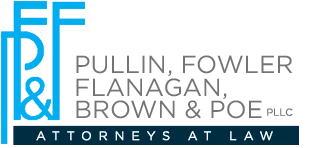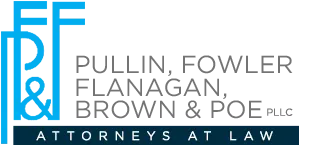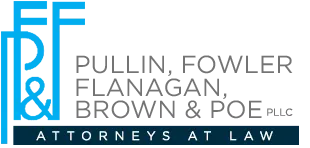- posted: May 16, 2018
On May 14, 2018 the West Virginia Supreme Court of Appeals unanimously affirmed the decision of a three-judge panel that granted a county commissioner’s motion for judgment as a matter of law at the close of the citizen group’s case-in-chief. The citizen group sought to remove a County Commissioner under West Virginia Code 6-6-7 for allegations of official misconduct and neglect of duty stemming, primarily, from the County Commissioner’s decision to stop payment of a grant award check to a non-profit business because the commissioner believed the vote was improperly noticed. The three-judge panel granted our motion for judgment as a matter of law, finding that the citizen group had failed to prove their allegations by clear and convincing evidence. On appeal, the petitioners argued that the panel failed to consider the evidence in the light most favorable to them. We argued that the three-judge panel properly considered the evidence, which was scant at best and that the evidence presented was insufficient as a matter of law to remove the commissioner from his elected office. The Supreme Court agreed. The Court found that:
“Presuming that the respondent was wrong in stopping payment on the $50,000 check to DCEMS, we note that the respondent’s action was an isolated event in that there was no evidence presented that he regularly interfered with other payments made by the commission with which he disagreed. Significantly, the respondent’s action involved no personal enrichment or advantage. Moreover, one can conclude from the respondent’s explanation of his conduct that it was made in good faith to prevent an unlawful act by the county commission. Further, the respondent’s action was easily correctable by the other county commissioners. Those commissioners could have legally challenged the respondent’s action of stopping payment of the check or they could have revisited the issue of donating $50,000 to the DCEMS at the next county commission meeting after proper notice. Therefore, we conclude that the panel did not err in finding that the petitioner failed to prove by clear and convincing evidence that the action of the respondent in stopping payment of the check constituted a willful, unlawful act or otherwise constituted official misconduct.”
The Court also refused to consider the Petitioners additional arguments because they were not fully developed in their brief. Congratulations to Duane Ruggier and Drannon Adkins for defending the Doddridge County Commission in this matter.
https://www.courtswv.gov/supreme-court/memo-decisions/spring2018/17-0558memo.pdf

























































